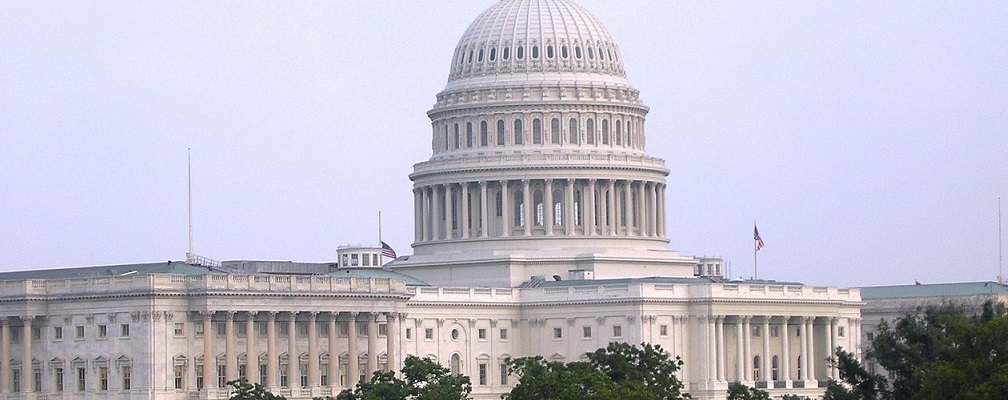
Federal Acquisition Regulation Ethics Requirements
The Federal Acquisition Regulation (FAR), has been governing acquisitions of goods and services by U.S. executive branch agencies since it took effect on October 1, 1984—thirty-two years ago. As amended over time, the FAR contains a number of ethics compliance and training requirements.
Companies that do business with most federal government agencies must comply with these requirements; if not, they can lose existing contracts or lose bids for new contracts, or both. Consequently, it is a good idea for all organizations that do business with the government to confirm regularly that their ethics and compliance programs still meet the requirements.
All contracting organizations and in some instances their subcontractors or vendors are required to develop and enforce a written code of business ethics. Most organizations that are not categorized as small businesses must provide an ethics hotline or other mechanism for anonymous and confidential reporting, and must offer related ongoing training. Following are some details.
Contractor Code of Business Ethics and Conduct, Part 52.203-13
All contractors shall:
- Have a written code of business ethics and conduct
- Make a copy of the code available to each employee engaged in performance of the contract
- Exercise due diligence to prevent and detect criminal conduct
- Promote an organizational culture that encourages ethical conduct and a commitment to compliance with the law
- Disclose, in writing, whenever the contractor has credible evidence that a principal, employee, agent, or subcontractor of the contractor has committed a violation of specified laws or regulation
Most businesses (some exceptions) shall establish:
- An ongoing business ethics awareness and compliance program, to include training programs and other communications methods
- An internal control system, to include suitable assignment of responsibility; periodic reviews of company business practices, procedures, policies, and controls; an internal reporting mechanism, such as an ethics hotline, which allows for anonymity or confidentiality; disciplinary action for improper conduct or for failure to report improper conduct, and other related requirements
Display of Hotline Poster(s), Part 52.203-14
Depending in part on the size of the contract, businesses are required to:
- Prominently display fraud hotline posters in common work areas
- Display electronic versions of the posters on company websites
Whistleblower Protections under the American Recovery and Reinvestment Act of 2009, Part 52.203-15
To the extent that contracts or subcontracts are still being funded in whole or in part by Recovery Act Funds:
- Post notice of employee rights and remedies for whistleblower protections
Preventing Personal Conflicts of Interest, 52.203-16
- Have procedures in place to screen covered employees for potential personal conflicts of interest
- Take steps to prevent personal conflicts of interest [examples provided]
- Maintain effective oversight; take appropriate disciplinary action, and other related requirements
Contractor Employee Whistleblower Rights and Requirement to Inform Employees of Whistleblower Rights, Part 52.203-17
Contractors must acknowledge via contract language that:
- Employees working on covered contracts will be subject to whistleblower rights and remedies
- Employees will be notified in writing of their rights and remedies, in the predominant native language of the workforce
Ethical Advocate provides comprehensive ethics and compliance solutions, including ethics and compliance training and confidential and anonymous hotlines, meeting Sarbanes-Oxley (SOX), Federal Acquisition Regulation (FAR), and other regulatory and reporting needs. Please contact us for information and assistance.
References:
Federal Acquisition Regulation: Volume I—Parts 1 to 51. https://www.acquisition.gov/sites/default/files/current/far/pdf/FAR.pdf
